Future filmmakers
W-L seniors to pursue the film industry
A scene from Marlaena Henry’s film
Everybody has their favorite movie. Whether it be a classic or a new release, film has reached all corners of America and the world. The actors of movies are part of what brings the movies to life, but there is so much more that goes into the production and behind the scenes work of these films.
Filmmakers find inspiration through different mediums. W-L has aspiring filmmakers, some who found inspiration through Star Wars. Like senior and co-president of Girls in Film Marlaena Henry who after having watched “The Last Jedi” it got her starting to consider filmmaking as a path.
“After I saw that movie,” Henry said. “I walked out of the movie theatre saying ‘I want to make something like that,’ so that’s where that was born.”
Even though “The Last Jedi” was considered to be a flop to some, with Henry it was an eye-opener to the film industry, and how she can get involved with it and the future it holds.
“I loved how these iconic characters were humanized and given flaws,” Henry said about “The Last Jedi”. “I resonated with the main character Rey. The setting, the scenery, the cinematography, the balance…Like everything, everything was perfect, it’s my favorite movie.”
There would be no movie without the people who write the script or the cameraman to get the perfect shot or the editors that will add the special effects. There are many complex parts that go into producing a major film, each of them important in their own ways. Writers can have specific visions inside their head and can also be the ones to execute it by being the director and bringing their idea to life.
“I’ve had a variety of roles, ranging from director, cinematographer, editor,” senior and co-president of Girls in Film Peyton Fern said. “And just that whole process I find to be really fun…I like dabbling in mostly everything and working with others.”
To gain experience and get their start, many students took the IB film class that is offered at W-L, which would help them decide and confirm what they would major in college.
“I’ve always been interested in movies,” senior and co-president of Filmmakers Society Jacob Simmons said. “When I was really young I would analyze the really cool shots you’d see in movies. And I started to really focus on filmmaking when I took IB film.”
The IB film course allows students to get hands-on experience with producing their own films and builds students to appreciate film history, culture, and different techniques in film. It is a two year course that is offered beginning in junior year.
“My favorite part of the class is everything,” Henry said. “I love learning about the film techniques, I love watching the films and taking them apart and making the films.”
Girls in Film is a club that was created by students in the class of 2020, and it focuses on women in the filmmaking industry. The two co-captains, Fern and Henry, continued to keep the club going in the fall of 2020 despite the pandemic by hosting virtual meetings every other Monday.
“[The club is] girls in filmmaking watching movies [about] women in the field and us discussing it and using it for inspiration for our own projects as well,” Peyton said. “We are definitely a minority in that industry, and just having that little safe haven where we can do stuff like that is exciting.”
Filmmaker Society is a similar club with the help of IB film students. It is for students that have a passion for cinematography, directing, editing and more. Some students who take the club have gone on to get film recognition and awards. Jacob Simmons won the drama category with his team in Arlington Film Festival in his junior year.
“I joined [Filmmaker Society] because my friend kind of recommended it to me,” Simmons said. “I stayed in the club because it was a lot of fun being able to talk to people that cared about film as much as I did.”
This passion for filmmaking continued to follow some seniors who wish to pursue the industry after high school.
“I plan on majoring in film at Wesleyan University in Middletown, Connecticut,” Fern said. “I’m also going to major in comparative politics. And hopefully I can use the things that I learned from those to make politically inspired documentary projects in the future.”
Virginia Commonwealth University (VCU) offers a cinema program for undergraduates to study filmmaking, There they can learn about pre and post production filmmaking and can help prepare them for the film industry.
“I will be going to VCU Arts for their cinema program,” Henry said. “It’s just an awesome program. Anyone that is interested in film I highly recommend that they look into that program. It’s fantastic…and I think the real thing that tipped it over was that you start filmmaking right away.”
Women make up about 50 percent of the United States population, racial and ethnic minorities make up around 40 percent. However there has always been a lack of diversity in Hollywood, and students would like to be a part of the change in that.
“My own films or my own screen writing basically focuses on people of color or queer people being on film,” Simmons said. “Some goals I’ve set for myself are, of course, representation. Making sure that when I look back on it, I can be happy with what I did…as a person of color, what we see on TV, even if it’s not as good as we hope…we can make it better, if we become future filmmakers.”
Getting women and minorities in front of the screen is one thing, but getting them behind the screen is an even bigger one. According to a report done by UCLA, in 2019 only 15.1 percent of top grossing films were female directors and 14.9 percent were minorities.
“I think it’s just making more real stories,” Henry said. “A few weeks ago I watched “Vertigo,” which is directed by Alfred Hitchcock, and there’s this whole portrayal of this one female character is just so unrealistic…And so, I think it’s just having more representation in the field, in front of the screen, behind the screen, whatever. It’s just going to get you more authentic stories.”
Organizations like GLAAD (Gay and Lesbian Alliance Against Defamation) have pressured Hollywood to do better. But despite the lack of diversity in the industry there has been growth, and hopefully the representation will only continue to grow.
“Just start somewhere,” Henry said. “Just start scribbling out your stories, start taking photographs and making it like a series. Start messing around with editing software. Don’t be afraid to attempt something that you’re not sure that you’re going to be good at.”
UCLA Article: https://newsroom.ucla.edu/releases/2020-hollywood-diversity-report


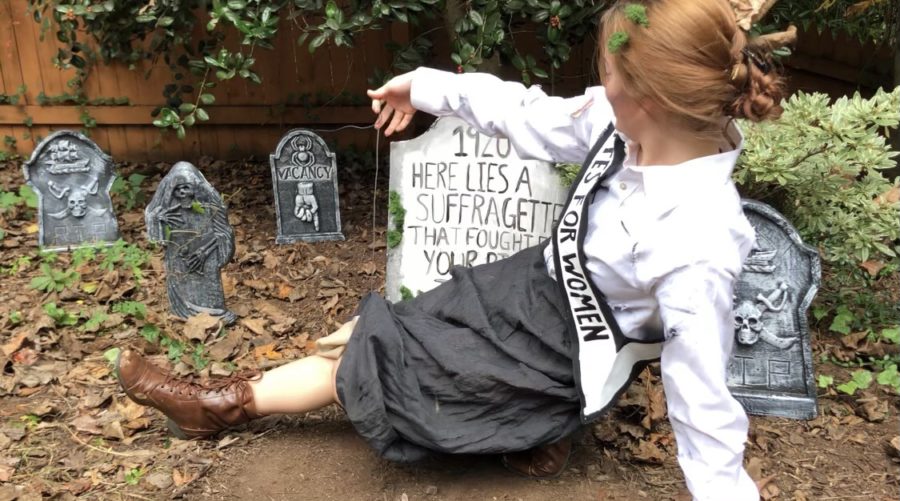



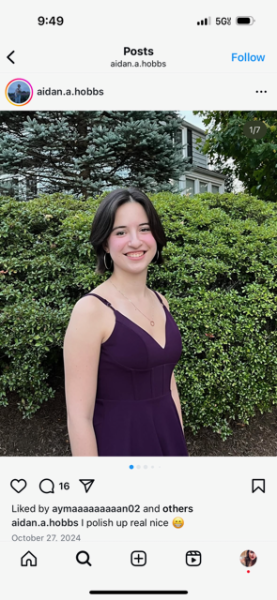
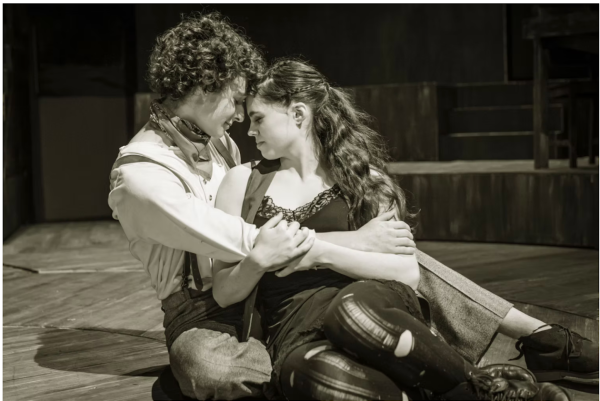
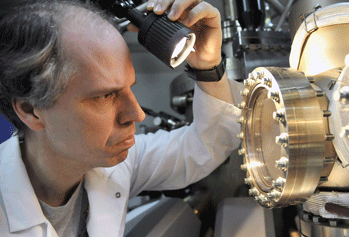
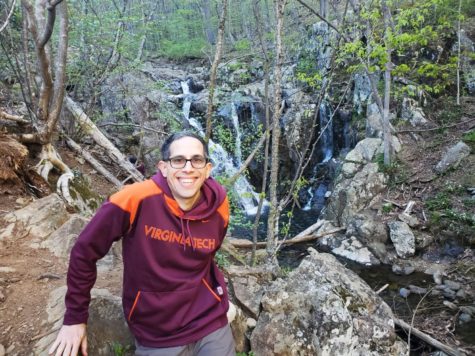
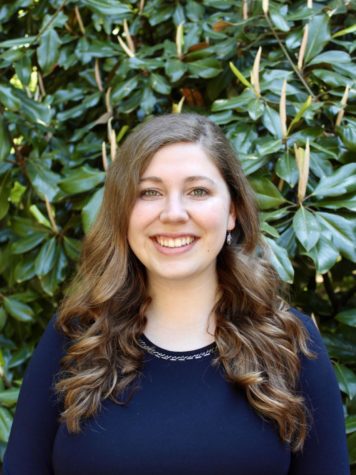
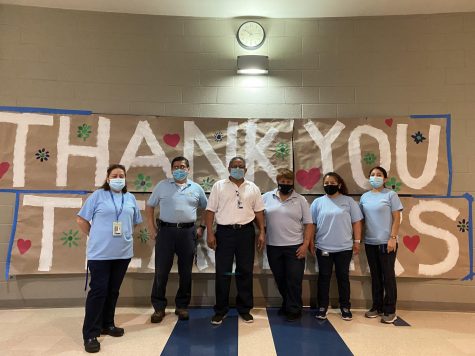

Best Film Production Company In London • Oct 19, 2021 at 6:26 AM
Hi
This is a very beautiful article about Film. Film Give peoples Recreation with social massages.
The film presents any countries social-cultural activities.
If You Need any Help to make a Film, Please contact us
https://www.ima6ine.com/